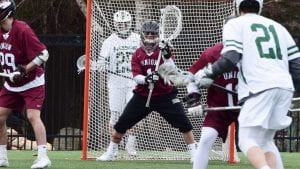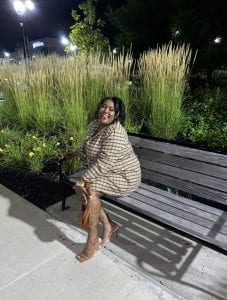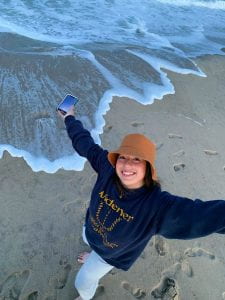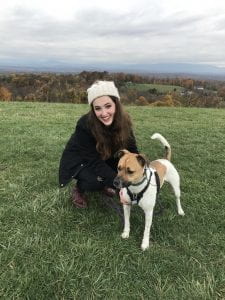Carbon dioxide, or CO2, is a gas and is an important greenhouse gas because it absorbs a lot of infrared wavelengths. Carbon dioxide is a gas at standard temperature and pressure, which exist in the Earth’s atmosphere. Co2 is important for our atmosphere because animals exhale CO2 while plants use it in photosynthesis. Carbon dioxide is a standard unit of measurement for CO2 that is usually defined by each application. for example, “climate change and ocean acidification scientists use micro atmospheres as a standard unit of measure, unlike the aquaculture industry, which typically uses milligrams per liter”. Generally, Carbon dioxide is measured with gas sensors specifically made to measure the concentration of carbon dioxide (CO2) in the air. Sensors like Electrochemical sensors, Non-Dispersive Infrared (NDIR) Sensors, and Metal Oxide Semiconductor (MOS) Sensors. Another exemplary sensor measurement application is aquaculture,” it is common to see units of dissolved CO2, including mg/L (also referred to as ppm, parts per million by mass)”.
Carbon dioxide and climate change have a large relation to human society. People of color living in undeveloped communities are more vulnerable to the increase in pollution and the rapid changes occurring to the environment as a result of climate change. These results consist of an increase in health effects, the occurrence of unpredicted natural disasters, and the limitation of food supplies. It is relevant to acknowledge that the poor and people of color are facing a deficit of resources due to social standards and political regulations. It is noted that “80,000 deaths worldwide each year resulted from natural disasters, and about 95 percent are in poor countries” (The Center for Progressive Reform, CPR Perspective: International Environmental Justice and Climate Change 2019). In these underdeveloped countries, uncontrollable weather conditions that can occur are heavy toxic rain, floods, and hurricanes. These unpredicted natural disasters can result in more unrepaired damages in these underdeveloped communities that can eventually lead to an increase in mortality rates. Moreover, polluting the environment has generated weather changes that are problematic to the dismantling of crops, homes, and infrastructure. These types of prolonged effects in underdeveloped communities that heavily depend on natural resources as a way of life can be detrimental to people of color, who have been marginalized by the privileged because of their socioeconomic status.
citation:
Farber, Daniel. “PIPELINES, EMISSIONS, AND FERC.” Center for Progressive Reform, http://progressivereform.org/our-work/energy-environment/tags/environmental-justice/.
Technical Note 1.1: Dissolved CO2 and Units of Measurement, https://immediac.blob.core.windows.net/prooceanus/pdf/PSI%20Technical%20Note%201.1%20-%20Dissolved%20CO2%20and%20Units%20of%20Measurement%202019.pdf.










